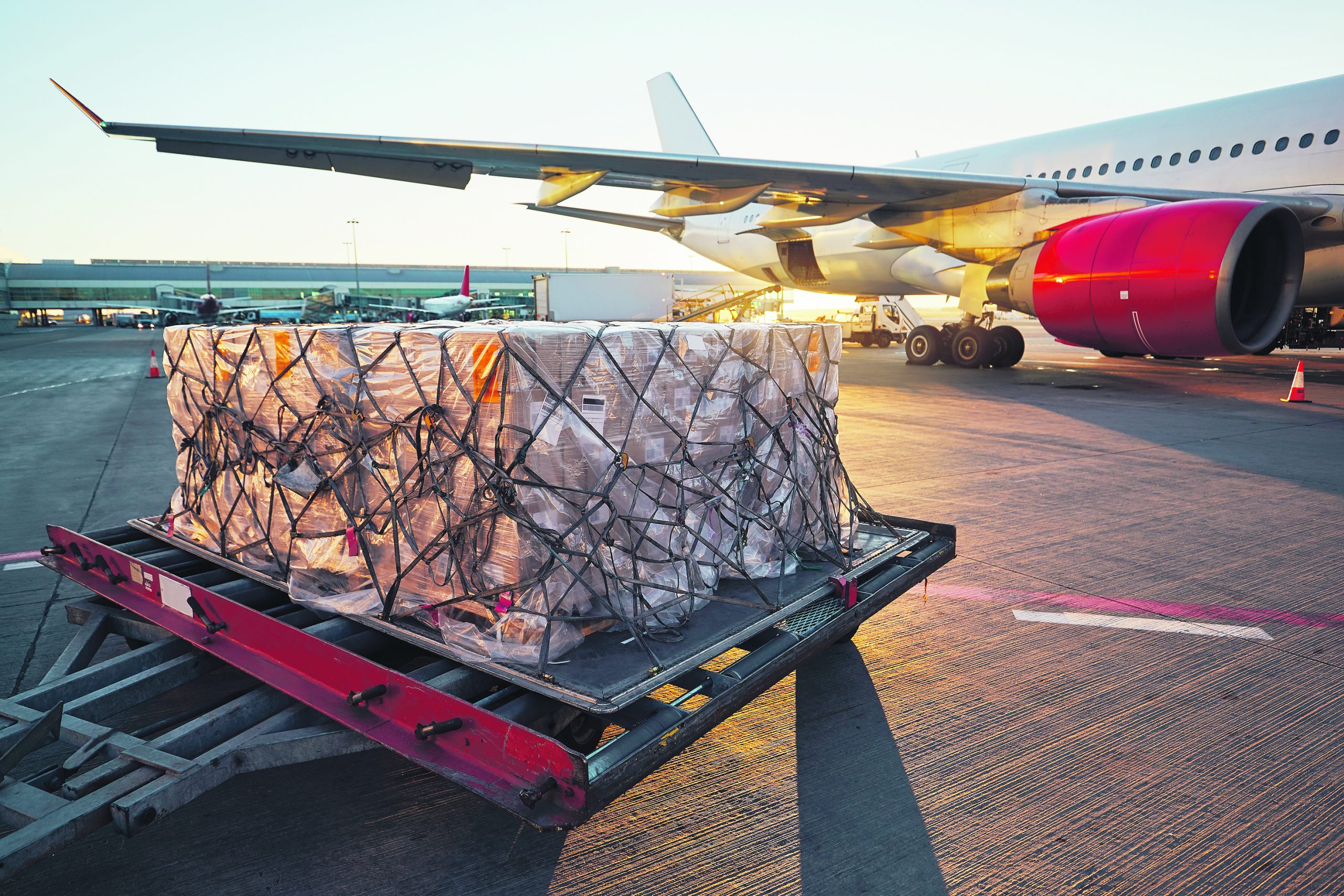When shipping, it’s necessary to have trusted eyes and hands that can help collect your goods from the seller, arrange shipping and place your goods aboard the mode of transport. Ramsay Logistics can help with this.
The shipping contract is also an important part of the process you should know about. There are standard international shipping terms that govern ocean freight contracts. These are called “Incoterms”, short for international commercial terms.
It defines how far along the process will the seller be held responsible for the goods, and at what point will the buyer take over the liability for the shipment.
The most popular Incoterms to know are:
- EXW (Ex Works): An EXW contract places the majority of responsibility on the buyer. The buyer picks up goods at the manufacturer’s and is responsible for the transit of the goods to their final destination.
- DDP (Delivered Duty Paid): With DDP, the seller takes the maximum obligations and buyers take minimum obligations. The terms dictate that the seller will be responsible for the costs of shipping, insuring the goods and inland transportation.
Here’s what you should know about incoterms:
- Ex Works (EXW) – The seller makes the goods available at its location, so the buyer can take over all the transportation costs and also bears the risks of bringing the goods to their final destination.
- Free Carrier (FCA) – The seller hands over the goods into the disposal of the first carrier. After the buyer takes over all the costs, the risk passes when the goods are handed over to the first carrier.
- Free Alongside Ship (FAS) – The seller must place the goods alongside the ship at the named port, the risk of loss or damage to the goods passes when the goods are alongside the ship, and the buyer bears all the costs from that moment on.
- Free on Board (FOB) –The seller must load the goods on board of the ship, nominated by the buyer. Cost and risk are divided when the goods are actually on board.
- Cost and Freight (CFR) –Seller must pay the costs and freight to bring the goods to the port of destination. Although the risk is transferred to the buyer when the goods are loaded on the ship.
- Cost, Insurance and Freight (CIF) –It’s exactly like CFR except that the seller must in addition procure and pay for the insurance.
- Carrier and Insurance Paid to (CIP) –The seller pays for the carriage and insurance to the named destination point, but risk passes when the goods are handed over to the first carrier.
- Delivered Duty Paid (DDP) –The seller is responsible for delivering the goods to the named place in the country of the buyer, and pays all costs in bringing the goods to the destination.
Understanding incoterms is no easy task. The above list is not comprehensive of all incoterms in existence, however, it gives a good glimpse into some of the most common ones.
Kurt, our Director of Networks and Logistics breaks it down into simpler terms.
When we asked him to help us understand INCOterms in a simple manner, he explained:
“When you export or import goods you undoubtedly have heard about incoterms. Often people don’t really pay attention to them but you should since it will impact who will pay for what. It probably seems that there are about 299 acronyms out there complicating your life in trade but ultimately if you know the following 4, you covered the majority of trade:
- EXW: Ex Works
This means that the buyer will arrange the pick up at the supplier and basically will be responsible for everything after. Imagine you buy a huge generator on EXW basis.
You will pay the freight, the insurance if you like to be covered (and really you should) BUT often forgotten you will also pay for the crane to lift that generator on your truck
- FOB: Free On Board
Is very common in ocean shipping. The supplier will deliver the loaded container to the port where it’s shipping from. The buyer is then responsible for getting their shipment loaded onto the truck, plane, or boat and then from that point on.
- DAP: Delivered at place
Your supplier is responsible for delivering the cargo ready for unloading. The importer here is responsible for the customs clearance of the goods and the actual unloading of the goods.
That same huge generator will need a crane to get unloaded and the buyer here will be responsible.
- DDP : Delivered Duty Paid
Here the seller takes the maximum obligations. The seller will be responsible for all costs of shipping, insuring the goods, customs clearance and inland transportation.
Well that sounds awesome, your supplier is even paying the duties and taxes. The thing is as a Canadian company you can claim back GST, your supplier abroad can’t.
Ultimately the landed costs for your cargo are thus higher.
Every acronym should also have a location mentioned such as FOB CY Calgary which specifically means the container needs to be delivered to the rail terminal in Calgary.
EXW Saddledome Calgary means that the cargo will be available at the Saddledome ready to get loaded for export.
If that’s confusing it’s probably because it is.
The truth of the matter is, you’re never wrong to ask questions when people just randomly throw out incoterms. The bad news is, many people don’t realize they are being robbed of cost savings and cargo control simply because of their shipping terms of agreement.
Don’t waste your money and time.
If understanding incoterms in more depth is in your interest, give us a call and we’d be happy to speak with you!
